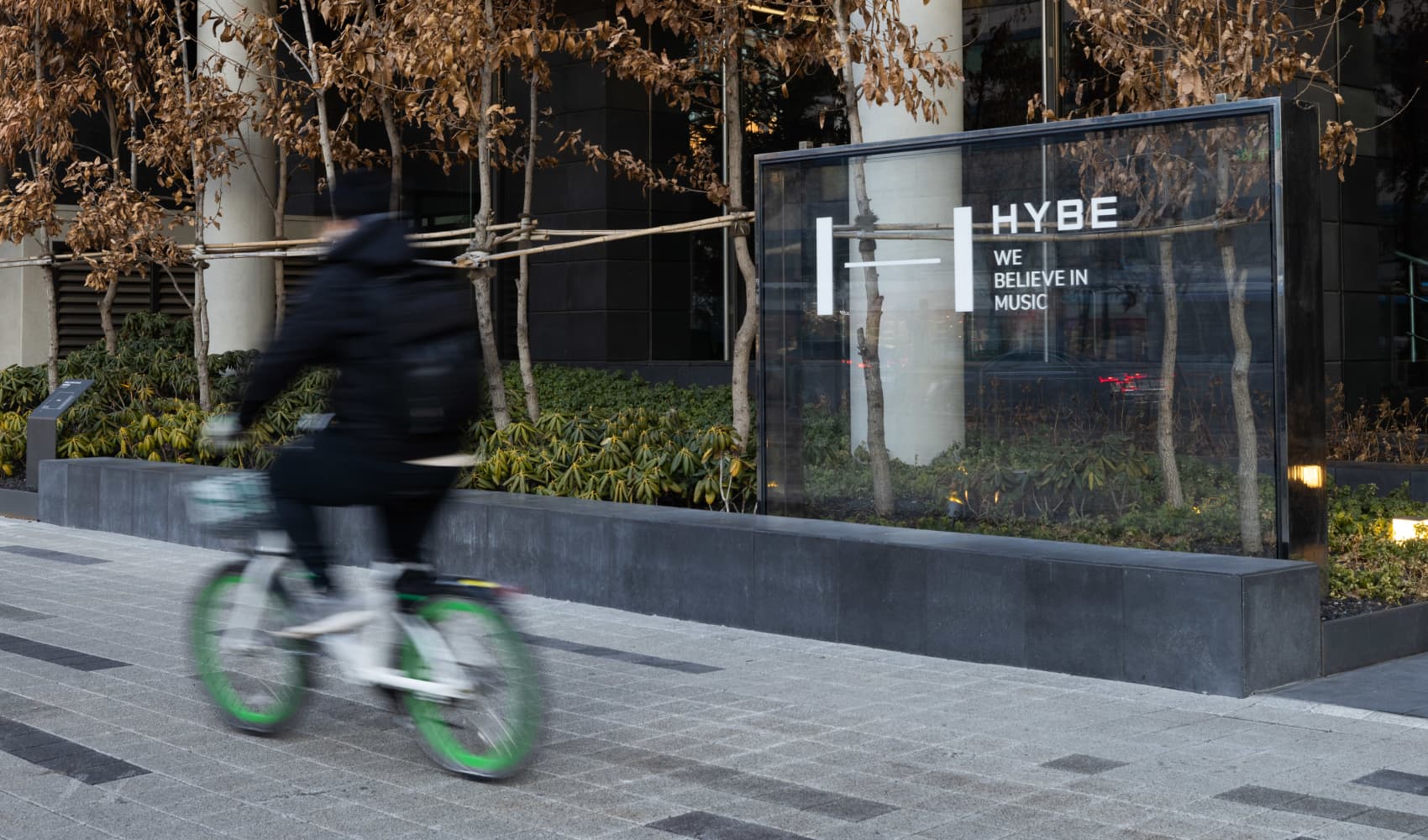
It's rare for pandemic-era reports to show that workers and bosses are on the same page about anything, but at least one survey shows they can finally agree on one idea: People are craving meaningful connection at work. Without it, they're willing to quit.
Among those who work for remote and hybrid companies, workers say the top reason they'd leave is feeling disconnected from the culture and its people, according to a joint survey from Airspeed, an internal social platform, and Workplace Intelligence, the HR research firm.
Meanwhile, C-suite leaders agree employee connection is the biggest challenge they've dealt with during the pandemic, and 2 out of 3 believe their employees would quit for a job at another company where they'd feel more connected.
"Everyone is recognizing this feeling of disconnectedness is the No. 1 issue they're facing," says Doug Camplejohn, founder and CEO of Airspeed. But, he adds, "the answer is not going back to to the office. The reality is, this problem has existed forever, and Covid had only made us all more aware and sensitive to it."
Get Philly local news, weather forecasts, sports and entertainment stories to your inbox. Sign up for NBC Philadelphia newsletters.
Employee disengagement was bad before Covid
Employee dissatisfaction and disengagement have been on the rise for years, according to Gallup.
Disconnection is making workers feel lonely, isolated, that their colleagues don't care about them and that they're replaceable, according to the Airspeed/Workplace Intelligence report that surveyed 800 C-suite leaders and 800 workers in March.
Money Report
A majority see their work as solely transactional: 52% of workers reported they're only in it for the paycheck.
When your only point of connection as a remote or hybrid worker is back-to-back Zoom meetings, "there's just no soul," Camplejohn says. "You're more likely to rent yourself out to the higher bidder." As he puts it: If you're going to be in video meetings with people you don't feel connected to anyway, why not do it where someone will pay you more?
To be sure, the silver lining to stepping back from work is having more time and energy for your personal life, as many have prioritized during the pandemic. But "it doesn't have to be an either/or situation," Camplejohn says. "It's not just that work has to be a paycheck. It can be something where I have the flexibility for balance and also do meaningful work."
Social connection as a business priority
Leaders should prioritize social connection as part of the work itself. Some 44% of workers say their manager doesn't encourage socialization, 36% say that it isn't part of their normal workday and workflow, and 33% say they don't have time to socialize.
When workplaces don't encourage personal connection — like by recognizing milestones, having different departments to work together, even pairing up peers for informal encounters — it can lead to lower productivity, Camplejohn says: "If you don't feel like you know the people you work with, communication just doesn't happen as fast."
Workers may also be more likely to quit for even small incentives: Some 62% would take a similar job elsewhere for a $1,000 sign-on bonus, according to the survey.
To find better solutions, executives will need to recognize they don't fully understand what employees want and need — at least not without further surveying and open discussions. A sweeping majority of 9 out of 10 executives say their company has a deep knowledge of their workforce, but just 6 in 10 workers agree their bosses understand what motivates them, or their personal characteristics, interests and values.
Workplace disconnectedness is "a widely discussed topic at the highest levels of companies. I don't think people have cracked the code," Camplejohn says. His team at Airspeed is still trying to figure it out, too. But, he adds, "the answer's not more Zoom happy hours."
Check out:
The best RTO perk that no one is talking about? Office gossip
Why new RTO dates, power moves from CEOs could backfire
'It's about fairness and respect': California may get a new salary transparency law soon
Sign up now: Get smarter about your money and career with our weekly newsletter






